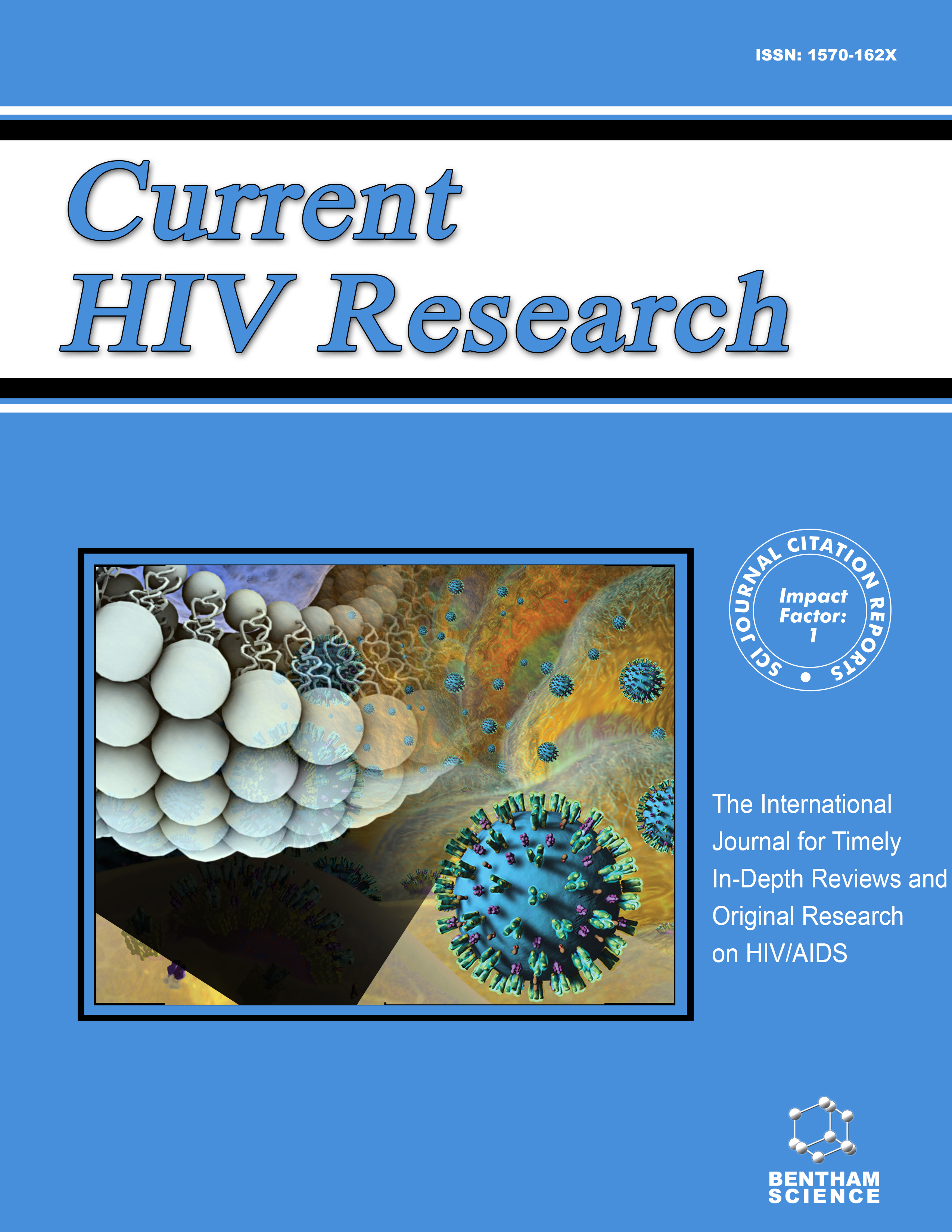-
s The Therapeutic Potential of Adenosine Triphosphate as an Immune Modulator in the Treatment of HIV/AIDS: A Combination Approach with HAART
- Source: Current HIV Research, Volume 9, Issue 4, Jun 2011, p. 209 - 222
-
- 01 Jun 2011
Abstract
Extracellular adenosine triphosphate (eATP) is a potent molecule that has the capacity to modulate various aspects of cell functions including gene expression. This element of modulation is essential to the role of ATP as a therapeutic agent. The hypothesis presented is that ATP can have an important impact on the treatment of HIV infection. This is supported in part by published research, although a much greater role for ATP is suggested than prior authors ever thought possible. ATP has the ability to enhance the immune system and could thus improve the host's own defense mechanisms to eradicate the virus-infected cells and restore normal immune function. This could provide effective therapy when used in conjunction with highly active antiretroviral therapies (HAART) to eliminate the latently infected cells. The key lies in applying ATP through the methodology described. This article presents a strategy for using ATP therapeutically along with background evidence to substantiate the importance of using ATP in the treatment of HIV infection.


